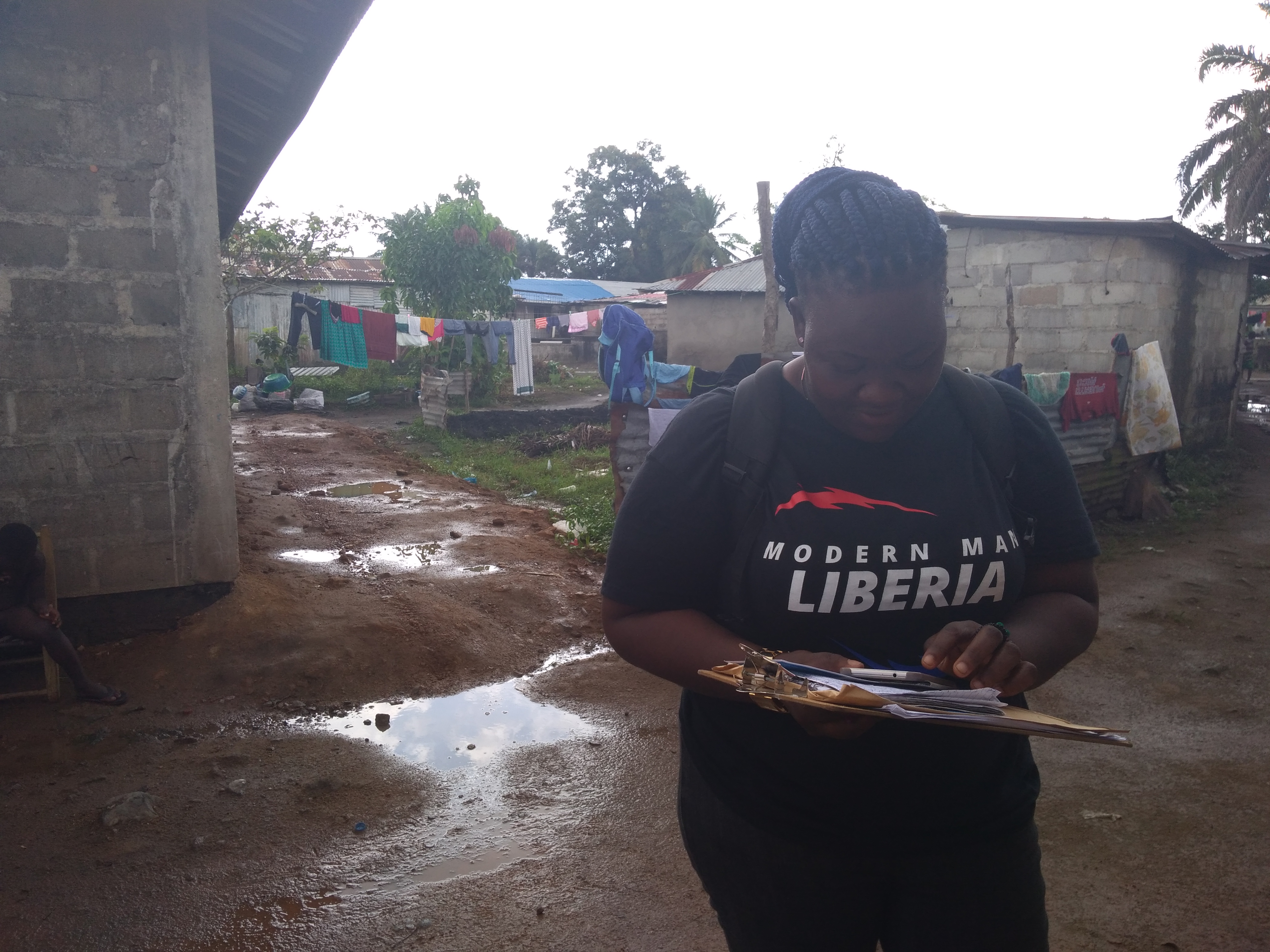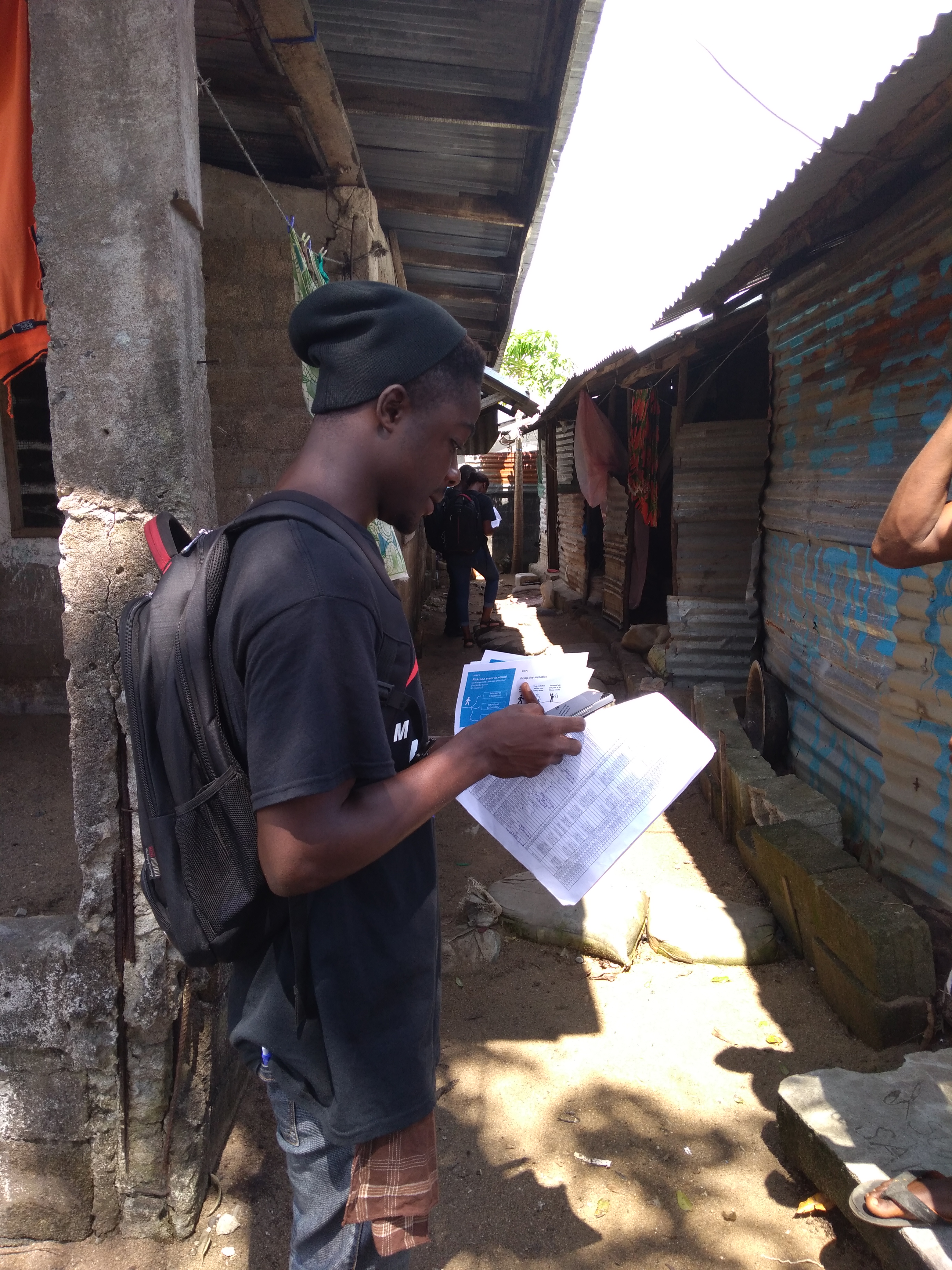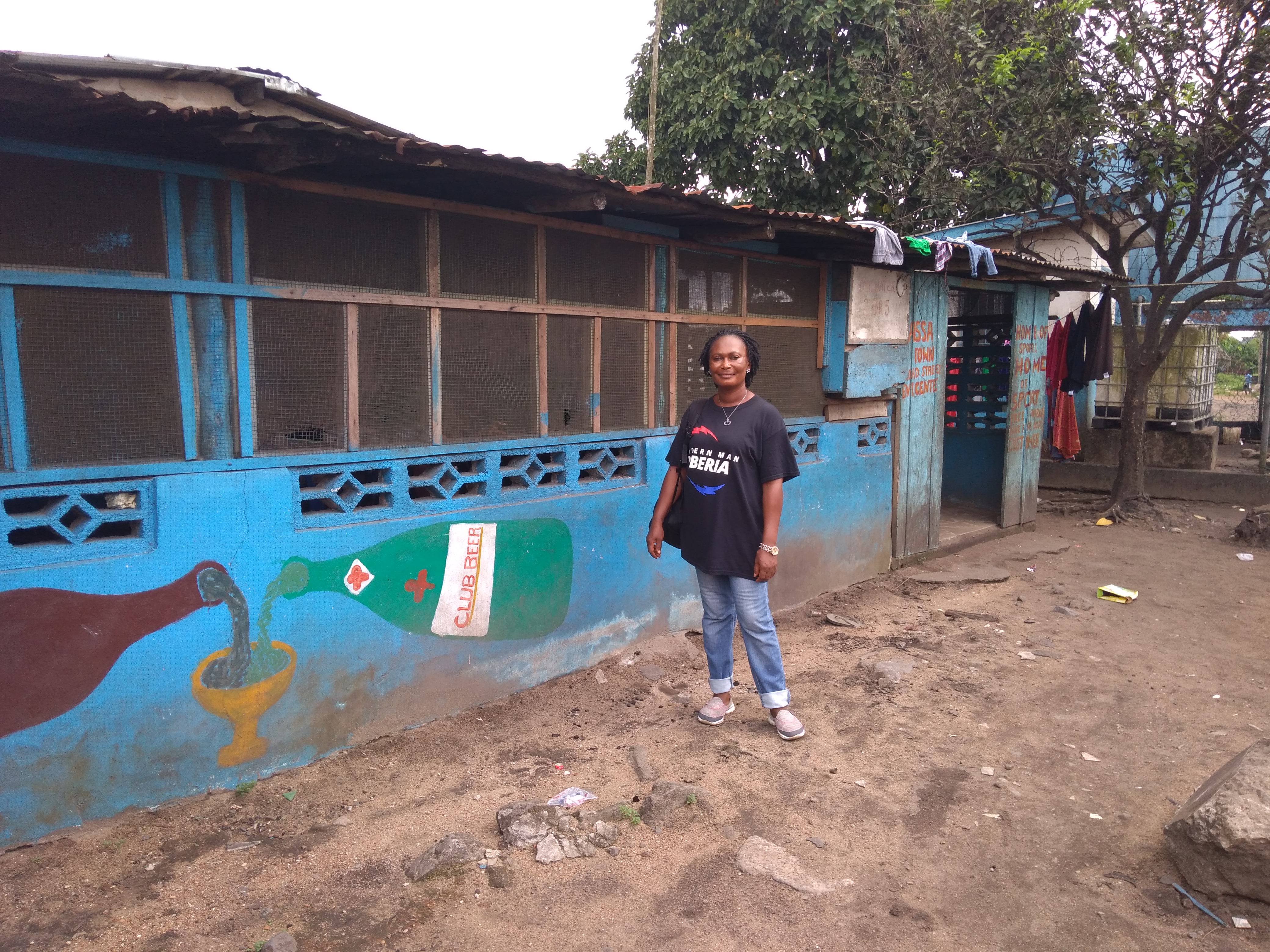The Road to Testing Innovations in Behavior Change and Gender Norms: How Can We Leverage Mobile Phone Technology to Reach and Engage Men to Reduce Violence Against Women?
Co-authored by Ellen Bates-Jefferys and Shirin Ahmed
Editor's note: This cross-posting is the second in a series on the International Rescue Committee and IPA's Modern Man Challenge study. The first part is available here, and the third detailing our final preparation for a rigorous trial is available here.

In recent years, there has been a communications boom in mobile phone technology in Sub-Saharan Africa. Formerly hard-to-reach populations are getting connected to the grid through mobile phones, ranging from simple feature phones to high-tech smartphones. As mobile coverage rapidly expands, many organizations are beginning to explore how to leverage mobile technology for social programs, like sending market prices to farms in remote locations so that they can make better decisions about where to sell crops. Or sending health care reminders and instructions on how to take medication to keep people compliant with good health practices.
Since 2016, the Airbel Center at the International Rescue Committee and Innovations for Poverty Action have been interested in going a step further in using new mobile technology to instigate behavior change that will reduce intimate partner violence for women or violence caused by a current or former partner or spouse. The Modern Man Challenge aims to engage men with an affirming male identity that sends them text messages over simple feature phones to practice positive behaviors with their partners in Monrovia, Liberia.
While the Modern Man Challenge has been prototyped, tested, and improved in several rounds prior to a randomized control trial that is currently running, earlier this year we also decided to test a variation of the challenge through multiple WhatsApp groups on smartphones with men in Kampala, Uganda. We partnered with Reach a Hand Uganda (RAHU), a youth-led non-profit organization based in Uganda that implements behavior change communication programs.

What does it look like?
In Uganda, 60 participating men were grouped in WhatsApp group chats of 15 men, based on their recruitment locations. “Male Champions” were responsible for recruiting men and facilitating conversations in each WhatsApp group. The Champion profiles ranged from comedians to peer educators to RAHU staff, who served as facilitators for four weeks.
All of the messages were adapted for the context and the different types of content allowed by each technology. Both forms of the intervention also use quizzes as the first touch point to enroll and recruit men from tea shops, video halls, and transit centers where motorcycle drivers wait for customers around large outdoor markets.
Here’s what we learned when comparing the two variations:
Men are willing to engage with more sensitive topics
The content of many of the participants’ responses indicated that these challenges can elicit genuine interactions and reflections on gender-based issues in relationships. Some men expressed a willingness to change and improve their behavior. Initially, we were hesitant to introduce more complicated or emotionally-charged topics because we feared the content could be a turnoff for men who may feel “attacked.” However, given the responses from participants, it seems worth exploring more direct messaging about these sensitive topics.
Facebook and web content in this context may not be the right platform
Almost no men engaged with, or even looked at, the Modern Man Challenge Facebook page. We chose to drop web-based interactions in Liberia at this point.
Cash rewards are not an incentive
Surprisingly, offering a cash prize in the form of $1 phone credit did not spur significant uptake in participation. In fact, there were no significant differences between participation levels for any group. Men, however, did express that they wanted to receive some recognition of accomplishment, so we elected to create the next set of messages using points as rewards. This adds no cost to the program and men said they enjoyed earning points during the Modern Man Challenge.
When testing the group chat format in Uganda, we also discovered a new set of insights:
In group discussions, men wanted ownership to moderate the conversation and have dedicated time to share problems and receive expert advice.
Conversations around sex triggered the most debate, especially on the challenges of reconciling individual sexual desires. While our male champions provided some guidance, the participants suggested that they would value the opinion of an expert, like a sex counselor who could answer their most challenging questions and concerns.
When creating groups, the “authenticity” of the group needs to be established early on.
Some of the initial interactions seemed uncomfortable because men didn’t know the other men in the group, in particular for those who were recruited from the market.
Over time, however, men became friends with each other and wanted more opportunities to interact — offline and online.
The range of opinions in the group WhatsApp proved to be an important channel for men to share their relationship challenges and to seek and share advice.

Our two interventions are modifications for different methods of engagement and perhaps a different type of man. What we don’t know is whether the anonymity and privacy of one-to-one messaging may improve willingness to disclose and seek help. And while direct SMS messages are perceived as private, online groups could potentially leverage social interaction and accountability by encouraging openness.
In the meantime, the variation of the Modern Man Challenge in Uganda will continue to be tested, improved upon, and implemented in contexts where smartphones are ubiquitous enough to deepen our understanding of the importance of social accountability. Eventually, as smartphone usage spreads, we’ll be prepared to use an expanded set of tools that reflect people’s changing mobile behavior and desire for interactive content.
While both the Modern Man Challenge in Liberia and its variation in Uganda have demonstrated their capacity to reach and engage men on sensitive relationship topics, we still don’t know if their behaviors have successfully changed, so we have invested in a small randomized controlled trial in Liberia. A randomized controlled trial is the best way to isolate and measure the impact of the Modern Man Challenge.












